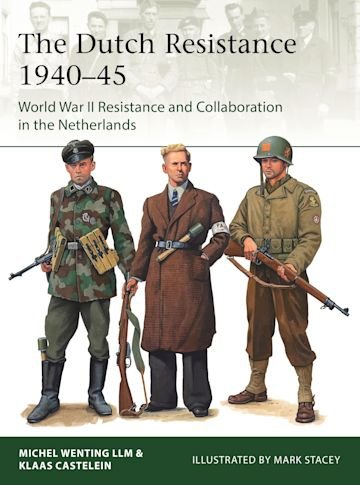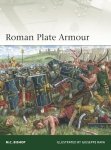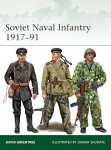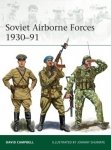-
Załączniki bezpieczeństwa
Załczniki do produktuZałączniki dotyczące bezpieczeństwa produktu zawierają informacje o opakowaniu produktu i mogą dostarczać kluczowych informacji dotyczących bezpieczeństwa konkretnego produktu
-
Informacje o producencie
Informacje o producencieInformacje dotyczące produktu obejmują adres i powiązane dane producenta produktu.Osprey Publishing
-
Osoba odpowiedzialna w UE
Osoba odpowiedzialna w UEPodmiot gospodarczy z siedzibą w UE zapewniający zgodność produktu z wymaganymi przepisami.
Describes and illustrates the full range of Dutch resistance groups and German and collaborationist counter-resistance groups during the Nazi occupation in 1940-45.
The Nazi occupation of the Netherlands was a complex, varied and bloody affair. Well- documented is the initial capture by the Gestapo of a secret Dutch Special Operations Executive radio-operator who thereafter lured several parachuted agents to their deaths, but, the actual scope and complexity of the occupation was much greater than this. Large-scale civil resistance against the occupation began as early as February 1941, and 1943 saw assassinations, reprisals, and the development of various resistance groups – the LKP National Assault Teams and some 'wild' armed groups: the left wing RzV and the conservative OD. In addition, several overlapping Dutch organizations amalgamated in September 1944 into the NBS: 'Netherlands Interior Forces'. In return, the Germans created the collaborationist Landwacht security force. From the start of September 1944, when Allied armies liberated the southern provinces of North Brabant and Limburg, NBS "shocktroop" units were uniformed and armed by both the British and US armies and assisted their further advance, while a bloody underground struggle continued in the still occupied North until final liberation in April 1945.
The Dutch authors of this title are long-time researchers of the subject, with family connections to Resistance veterans, a large library of hitherto untranslated local sources, and support from several museums and private photo collections to fully document the groups and fighting involved. Using detailed color illustrations of troops and fighters, this volume provides a comprehensive and in-depth account of one of the lesser-known occupations of WWII.








